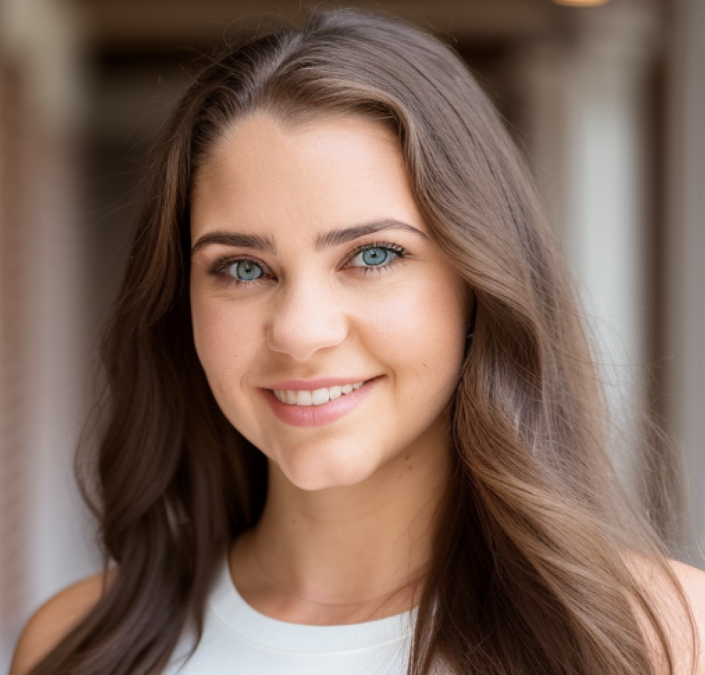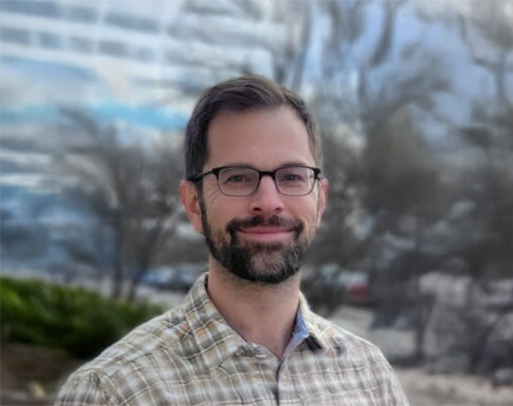
by evekung | Sep 1, 2024 | Research Bulletin, Research Spotlights
Q & A with Nigel Newbutt, Assistant Professor in the School of Teaching and Learning

by evekung | Sep 1, 2024 | Research Bulletin, Research Spotlights
Q & A with Nigel Newbutt, Assistant Professor in the School of Teaching and Learning

by evekung | Sep 1, 2024 | Research Bulletin, Research Spotlights
Q & A with Nigel Newbutt, Assistant Professor in the School of Teaching and Learning
by evekung | May 9, 2024 | Research Bulletin
Accelerating Research through International Network-to-Network Collaborations (AccelNet) is a program in the National Science Foundation’s (NSF) Office of International Science and Engineering that funds international networking and research coordination...
by evekung | May 9, 2024 | Research Bulletin
The EDU 2024 Advisory Committee Meeting will be held from May 29-30, 2024. The theme of this year’s meeting centers rural and remote communities with a specific examination of how STEM education and workforce opportunities can be unleashed. This two-day conference...
by evekung | May 9, 2024 | Research Bulletin
The Bill & Melinda Gates Foundation is launching a Request for Information (RFI) on AI-Powered Innovations in Mathematics Teaching & Learning. Specifically, this RFI seeks to (1) highlight innovative AI approaches in K-12 mathematics teaching and learning, and...



